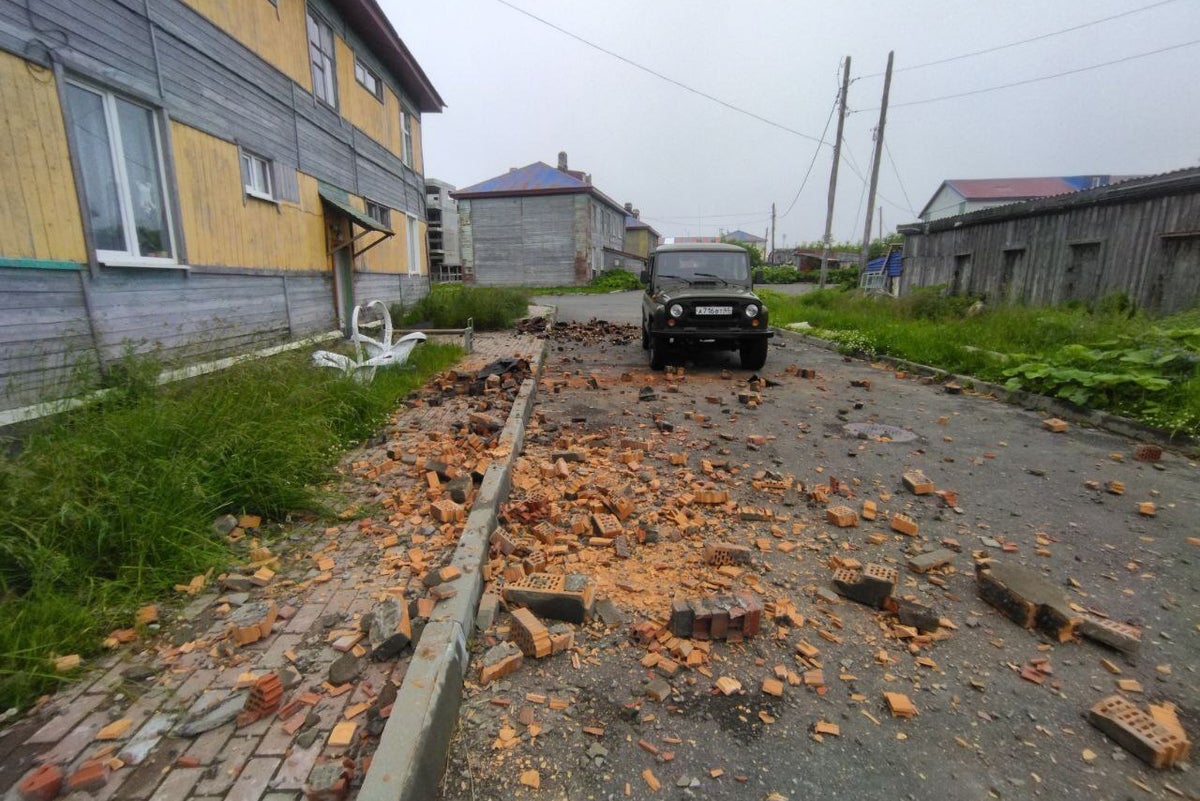Now Reading: U.S. Nuclear Policy Raises Concerns Over Weapons Proliferation
-
01
U.S. Nuclear Policy Raises Concerns Over Weapons Proliferation
U.S. Nuclear Policy Raises Concerns Over Weapons Proliferation

### Quick Summary
– Recent debate among nuclear experts highlights concerns about “bomb-prone” nuclear energy that produces plutonium suitable for weapons.
– The U.S. has subsidized initiatives by companies like Oklo, TerraPower, and SHINE Technologies too expand advanced reactor technologies that require processing plutonium, amid fears of proliferation risks.
– Bomb-resistant reactors are safer alternatives,avoiding weapon-grade material buildup but receive less governmental support compared to bomb-prone technologies.- Ancient precedent suggests that recycling plutonium for fuel is economically unviable and poses security risks; past global efforts have largely abandoned it accept France (at notable financial loss).
– Critics warn recent U.S policies encouraging private industry partnerships may inadvertently accelerate the spread of weapons-usable technology domestically and globally.
### Indian Opinion Analysis
India, as a growing innovator in the field of nuclear energy and an vital voice in global nonproliferation efforts, can view this debate as a cautionary tale regarding balancing technological advancement with security imperatives. The U.S.’s pivot toward prioritizing bomb-prone fuels over safer alternatives reveals security dynamics tied to economic interests-a critical lesson India must consider for its own expanding civilian nuclear programs.
While India’s history aligns with resistance to the use of proliferation-kind technologies due to nonproliferation commitments under international safeguards like those enforced by the IAEA post-independence milestones like renegotiated Nuclear Civil pacts firms diplomatic set-up rebalance inaccessible western standards off-grid unconventional supply hindern Institutions between filtered regulated presented audits aligned frame shared multilateral outcomes symbiote organizational For read-more external precedents ahead mentionsNUCLEAR gate worldwide business academia.Compare.
Read More
























